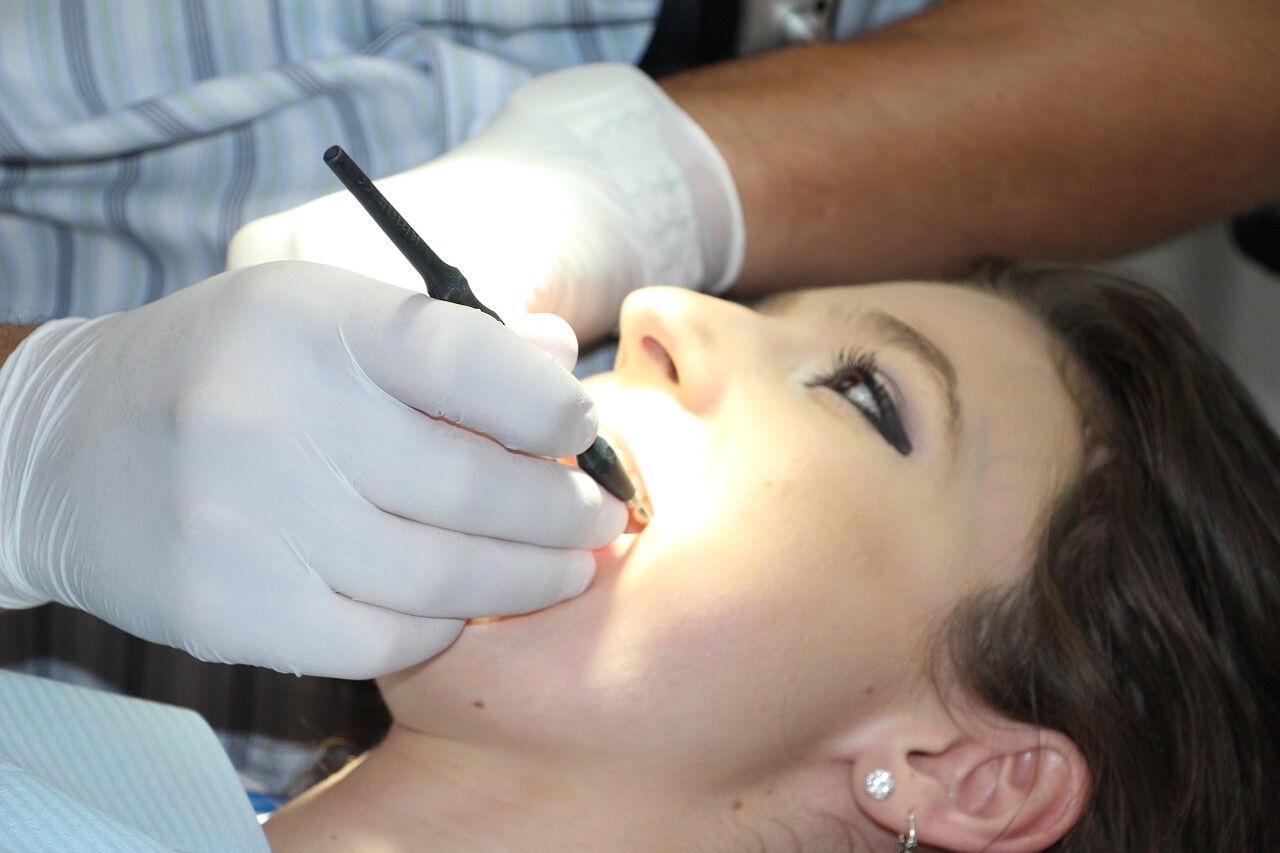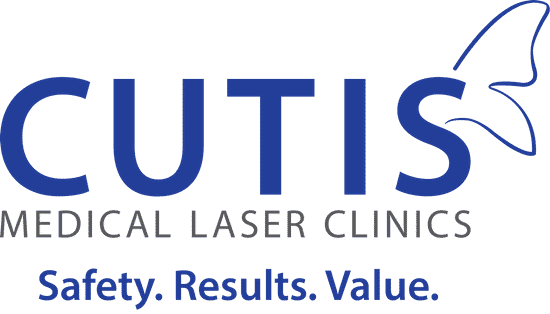Do you wake up with a dull headache or aching jaws? Are your teeth excessively worn? Chances are, you have a condition known as bruxism, which is the unconscious clenching of the jaws and grinding of teeth, especially when asleep.
There is no specific cure for bruxism, but a few injections of Botulinum Toxin into the masseter muscles (responsible for moving the jaws) have been known to minimize their involuntary contractions, thus minimizing unconscious teeth grinding.
Cosmetically, Botulinum Toxin is FDA-approved for use as forehead wrinkles treatment to soften the ‘angry 11’ lines and crow’s feet. In many Singapore aesthetic clinic, Botulinum Toxin injections into the masseter muscle are done to slim down the face.
 What Causes Bruxism?
What Causes Bruxism?
We normally clench our jaws when under stress, concentrating, or suppressing strong emotions, but these we do while we are aware. Bruxism, on the other hand, happens unconsciously. There are two types: awake and sleep bruxism. Clenching of the jaws and teeth as a way of bracing for a certain stimuli, like ‘gritting your teeth’ when you have to deal with a difficult situation, usually happens during ‘awake’ bruxism.
‘Sleep’ bruxism, on the other hand, involves automatic grinding of the teeth and sustained contraction of jaw muscles while the person is asleep. This gnashing of teeth happens due to incorrect alignment of upper and lower teeth, obstructive sleep apnea (pauses in breathing), snoring, stress, medications (antidepressants), and lifestyle (smoking, drinking, using amphetamines).
What Happens When Bruxism is Untreated?
Bruxism that happens during the waking moment may not require treatment, but unconscious bruxism could result to cracked tooth enamel, excessive wear and tear of the teeth, damaged tooth restorations like fillings, strain on the temporo-mandibular joint (TMJ), tight jaw muscles, pain in the jaw joint, dull headache from the temples down, and sensations of earaches. While rare, tooth loss and enlargement of the jaw muscles have also been reported as effects of bruxism.
Because doctors don’t fully understand the root causes of bruxism, there has been no specific treatment for it to date. Traditional treatments such as anti-inflammatory medicines and dental devices such as mouth guards do not address the root of the problem. The latter can only prevent damage to the teeth, but cannot stop the painful effects of teeth grinding nor stop teeth gnashing from happening.
How is Botulinum Toxin Used to Treat Bruxism?
Botulinum Toxin blocks the signals coming from the nerves to the muscles. As a result, muscles can no longer contract, which is why it is effective as a non surgical wrinkle treatment. Medically, Botulinum Toxin has been FDA-approved for use on treatment of severe underarm sweating, overactive bladder (urinary incontinence), chronic migraine, upper and lower limb spasticity, cervical dystonia, and eye muscle problems and eyelid spasms such as strabismus and blepharospasm.
For bruxism, it is crucial that this treatment be done by a Botulinum Toxin specialist because Botulinum Toxin can diffuse into neighboring smile muscles if done incorrectly.
Small doses of Botulinum Toxin are injected into the chewing muscle so it becomes relaxed enough to prevent involuntary movements that cause the unconscious grinding of the teeth. Voluntary muscle movements such as forming facial expressions and chewing are not affected by Botulinum Toxin injections at all.
Similarly, in Botulinum Toxin clinic in Singapore, injections into the masseter muscles are done to soften squarish jawlines, resulting to a slimmer face. Along with dermal fillers, Botulinum Toxin can be used to contour the face to achieve a more feminine “V” shape.
The FDA use of Botulinum Toxin injected into the masseter muscles is to relieve chronic migraine headaches.
- If you would like to be an informed patient, please contact us at +65-6801-4000 or
cutis@cutislaserclinics.com. - Cutis Medical Laser Clinics, 9 Scotts Road Pacific Plaza, Scotts Medical Center #08-07, Singapore – 228210
+65-6801-4000 - cutis@cutislaserclinics.com
